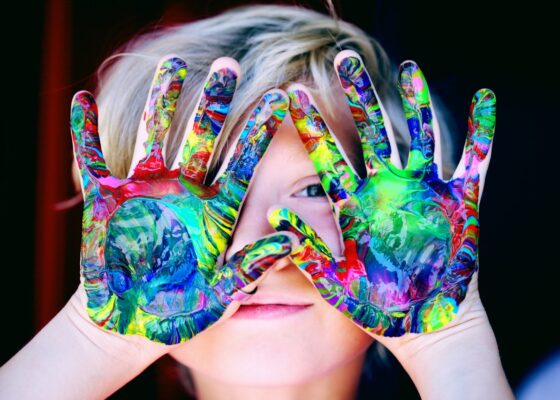What are the signs and symptoms of autism?
Autism is a neurodevelopmental disorder characterized by difficulties in social relations and communication and by rigid patterns of behavior in affected individuals. It also involves atypical processes of perception, attention, and motor development. First defined narrowly as a disorder involving lack of affective contact, preservation of routine, fascination with objects, and deficits in language communication, autism has now been recognized as a complex syndrome that varies enormously in its severity and its manifestations. This new awareness has led to a redefinition of autism as a spectrum of disorders. It is estimated that about 1 in 400 individuals exhibit the symptoms of the core syndrome of autism whereas 1 in 100 individuals falls into the autism spectrum. Autism emerges in infancy with subtle and variable early signs that transform into clear symptoms between 2 or 3, and sometimes much later. Young autistic children are different from their peers in the following areas:
- Social interactions: less likely to initiate and respond to social interactions, limited and inconsistent eye contact, lack of shared emotion and imitation, no response to calling their name.
- Communication: less likely to use communicative gestures and difficulty with shared attention
- Sensory and motor behaviour: Unusual ways of looking at or playing with objects, intense and unusual interest in certain objects or parts of objects, or unusual sensory sensitivities or interests
Other signs such as developmental delay are also common but they also overlap with risk signs for other developmental conditions. Parents and service providers should be well informed of the early signs of autism so that children can be treated earlier with more successful outcomes.



